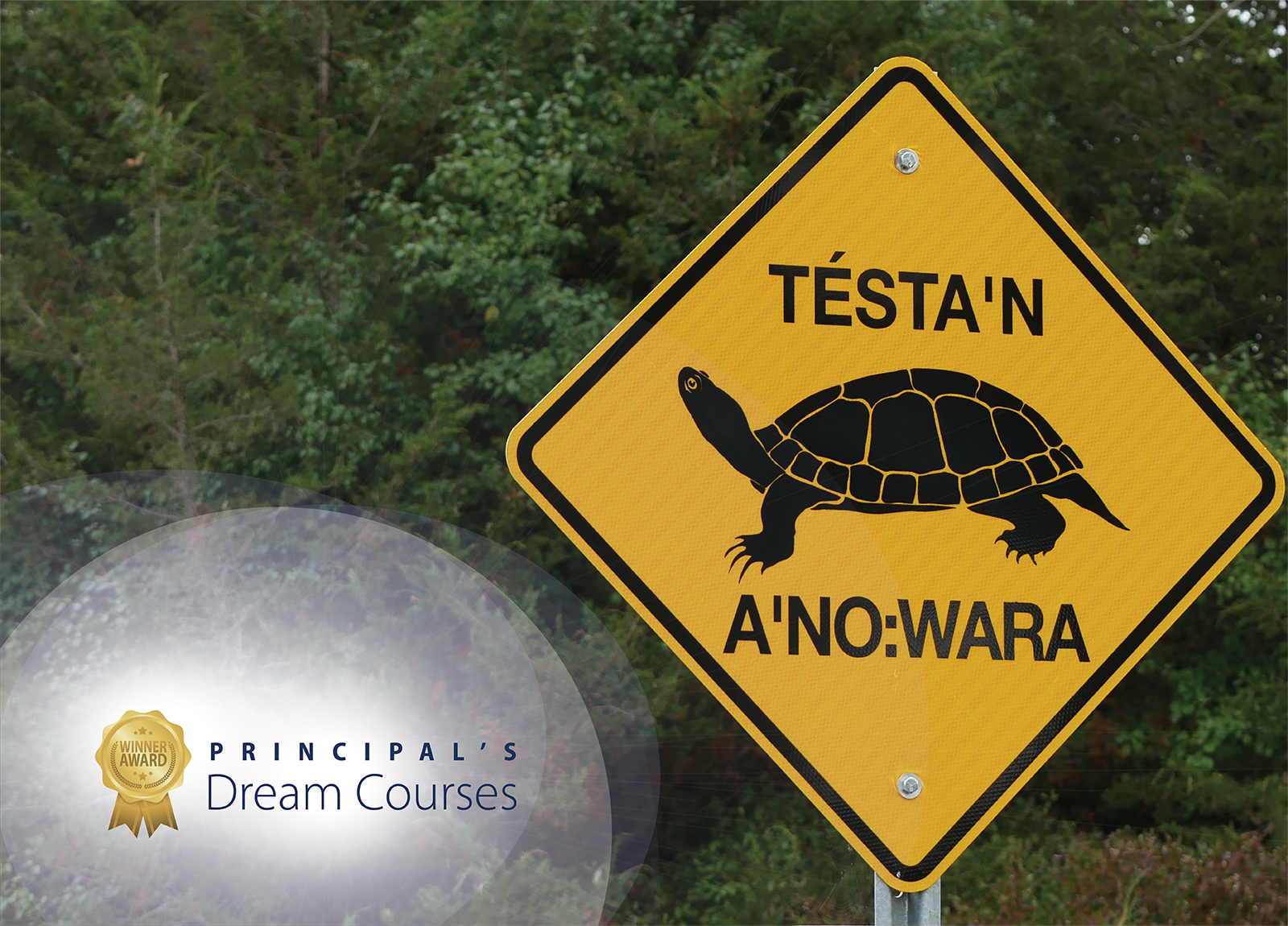
Overview
Topics at a Glance
Module 1 (East, Tobacco, Spring)
- Week 1: Introduction to Indigenous Peace
- Week 2: The Land and Belonging
- Week 3: Colonized and Decolonized Environments
Module 2 (South, Sweetgrass, Summer)
- Week 4: Conflicting Interests
- Week 5: Mediating Change
- Week 6: "Aboriginal" Social Development
Module 3 (West, Cedar, Fall)
- Week 7: Canada's Failure - History of UNDRIP
- Week 8: Reconciliation?
- Week 9: Indigenous Activism, Indigenous Art
Module 4 (North, Sage, Winter)
- Week 10: Indigenous Community Development
- Week 11: Indigenous Resurgence
- Week 12: Intergenerational Wellness
Learning Outcomes
After completing DEVS 221, students will be better able to:
Discuss the historical and ongoing basis of Indigenous-settler government conflict, including how capitalism and extractivism, as extensions of settler-colonialism, function to undermine Indigenous sovereignty;
Discuss barriers to spiritual, mental, emotional, and physical health for Indigenous Peoples and what is needed to support the healing of unresolved historical intergenerational trauma so that Indigenous peoples can survive and thrive;
Critically read, analyze, communicate about, and reflect on key research conducted by Indigenous people in a variety of disciplines, and respectfully amplify Indigenous voices on issues related to gendered settler colonialism and Indigenous resistance and resurgence;
Identify various forms of resistance and resurgence and their impacts, and ways to engage in solidarity with Indigenous peoples and movements/collective action.
Develop and implement collaborative inquiry skills required to respond to essential questions related to Indigenous peoples.
Apply elements of Indigenous ways of knowing (emotional, spiritual, mental, and physical) to learning.
Terms
Evaluation
20% - Journals (2x10%)
- Journal entries in any medium, created after each module, submitted at mid-term and end of course (2 journal entries/submission; 2 submissions)
20% - Land-based Storytelling (2x10%)
- Oral Storytelling; Part 1 (self-situation/self-location); Part 2 (Indigenous legacy of the land)
20% - Amplifying Indigenous Voices Discussions (4x5%)
- Discussions with peers in response to videos
10% - Amplifying Indigenous Voices Projects (2x5%)
- Two projects in a choice of mediums, engaging peers and others in topics related to videos (individual or group options)
30% - Essential Questions: Supporting Indigenous Solidarity
- Guided inquiry project taking the form of a research paper OR narrated presentation as final submission
*Evaluation Subject to Change*
Textbook and Materials
All course readings, podcasts and videos will be available to you electronically via the course site.
Time Commitment
Students can expect to spend, on average, about 9 hours per week completing relevant readings, assignments, and course activities.

